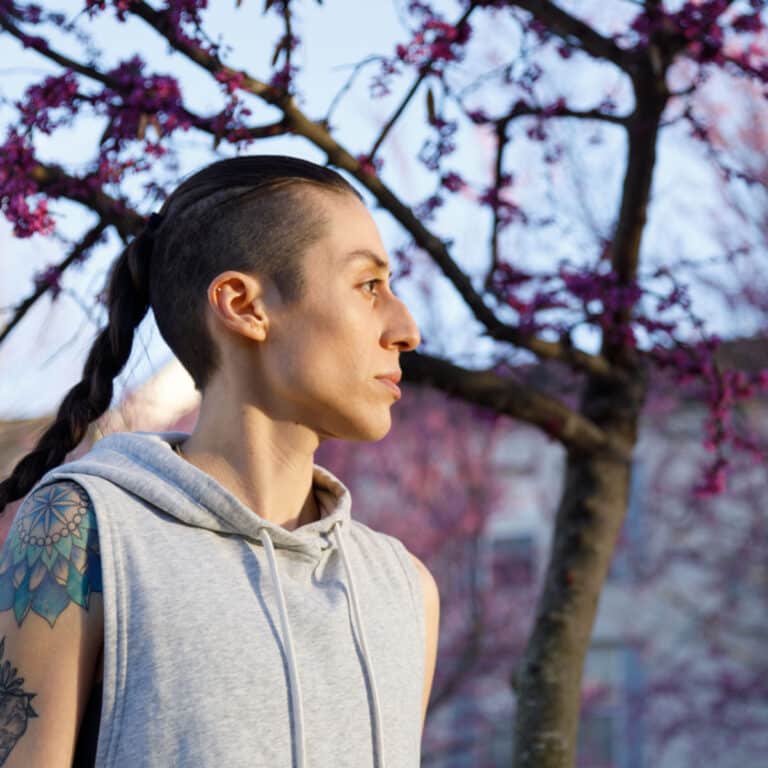Background
This case centres on two decisions made by the City of Victoria that limit unhoused people’s ability to shelter in City parks.
The first decision, made in July 2024, closed Victoria West Park and Irving Park to overnight sheltering. The second, made in April 2025, restricted sheltering to 34 designated City Parks, many of which do not have basic facilities.
Among the people displaced by these restrictions were Krystle Fox, Kimberly Scheu and Shea Smith. In October 2024, the three filed a petition for judicial review of the City’s first decision and amended it in June 2025 to include the second.
Fox, Scheu and Smith argue that the City failed to recognize that the restrictions affected their right to life, liberty and personal security—which includes a right to take temporary overnight shelter outdoors when the number of unhoused people exceeds the number of available shelter beds. They also argue that by restricting sheltering to parks without easily accessible facilities, the City’s decisions have had a disproportionate impact on unhoused people, who are disproportionately people with disabilities. Unhoused people are also disproportionately Indigenous.
Notably, Kimberly Scheu has limitations on her mobility due to an autoimmune condition. Both Fox and Scheu are Indigenous women who became homeless after leaving abusive relationships. Shea Smith, who had been unhoused since age 14, passed away while sheltering alone after being forced to leave Irving Park.
Leave to intervene
On Sept. 18, 2025, the B.C. Supreme Court granted the Commissioner leave to intervene in this case. The Commissioner intends to make submissions about the City’s legal obligation to non-discrimination against unhoused people when making decisions that affect them, including under international and domestic human rights laws. While non-discrimination obligations have been raised in some cases about unhoused people, in the Commissioner’s view the relevant legal principles have not been fully considered; the Commissioner will argue this must be done to give full effect to human rights. The Commissioner will also argue that City decisions must give appropriate weight to human rights obligations.
The case was heard in November 2025.
Substantive equality and non-discrimination are fundamental to human rights, and cities have legal obligations to consider them in every decision that affects unhoused people. Equality protections cannot simply be swept aside.
— Kasari Govender, B.C.’s Human Rights Commissioner
Follow the case
Find BCOHRC’s materials related to this case, including press releases and documents, below.
Please select a tab to view from the dropdown menu:
About interventions
The Commissioner can apply to intervene in court and can intervene as a matter of right in B.C. Human Rights Tribunal cases with the potential to make a significant impact on human rights across the province. Interventions can impact how the law evolves, making them an important tool in systemic work to promote and protect human rights.
If the Commissioner’s request to intervene is approved by a court, BCOHRC provides submissions (also called legal arguments) to the judge in the case in question. These submissions are usually about how to interpret a narrow point of the law. Intervenors do not represent either side in a case; their submissions must be different from the arguments being made by the parties to the case, and submissions must not advocate for either side to win or lose.
- Previous case:Abbotsford (City) v. Matsqui-Abbotsford Impact Society
